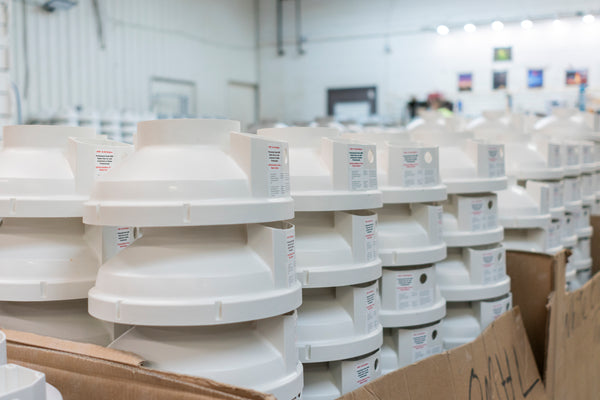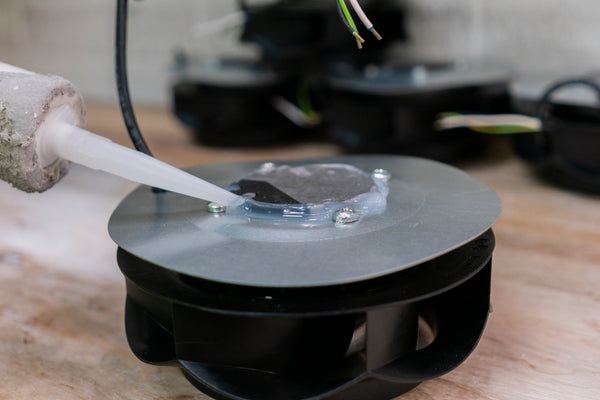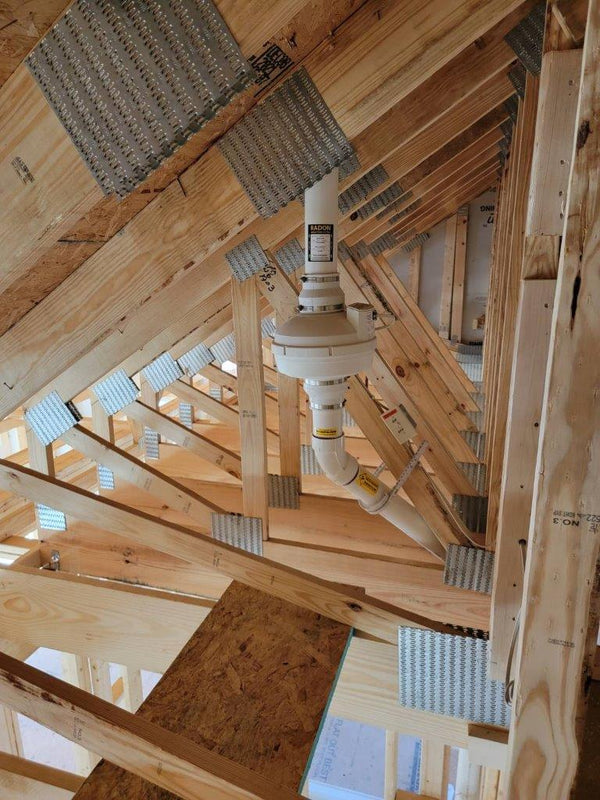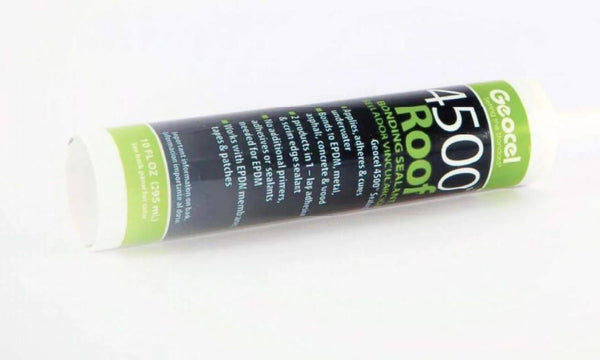
PVC Glue vs. Cement: Which One Do You Need?
When it comes to installing radon mitigation systems, every component plays a crucial role in ensuring the safety and effectiveness of the setup. One important aspect of the installation process is joining PVC pipes, and many individuals find themselves torn between two common options: PVC glue and cement. Learn the differences between PVC glue and cement to determine which one you need for your radon mitigation system installation.
Understanding PVC Glue
PVC glue adheres PVC materials and piping together. It binds materials chemically, creating a moisture- and temperature-resistant bond. PVC glue is typically used for lighter projects, as it cannot handle a great deal of stress.
Advantages of PVC Glue
- Appearance: PVC glue will dry completely clear. Once cured, you will be able to paint or sand over the glue spot, leaving little to no residue.
- Easy application: Applying PVC glue is a straightforward process that requires no special skills or tools.
Understanding PVC Cement
PVC cement, or solvent, is used to fuse PVC materials, physically melting the surface of one item and binding it to the next. This is a stronger and more secure process, making it ideal for projects that must manage high stress and heavy loads. Unlike PVC glue, cement can create watertight seals.
Advantages of PVC Cement
- Strength: PVC cement is much stronger than its counterpart, making it more versatile and suitable for large projects.
- Drying time: Cement can be fully dry in 15–20 minutes, whereas glue takes up to one day to be completely cured.
- Watertight: Cement will leave a watertight seal, supporting its versatility in various projects and giving users a bond of maximum strength.
Should You Use PVC Glue or Cement in Radon Mitigation Systems?
When deciding between PVC glue or cement for your radon gas mitigation system, consider their advantages and disadvantages, as well as what works best for your home. Both PVC glue and cement can provide reliable results when used correctly, ensuring the safety and efficiency of your system.
When installing your system, follow the proper steps, including cutting and cleaning the pipes and using a primer before laying on the cement or glue!
In radon mitigation system installations, the choice between PVC glue vs. cement ultimately boils down to personal preference and project specifications. Whether you opt for the quick bonding properties of PVC glue or the secure fusion bond of PVC cement, both options play a vital role in creating a robust and effective radon device. No matter what bonding tool you need, from PVC cement to radon concrete sealer, be sure to select a top-of-the-line product to ensure the safety of your mitigation system!

